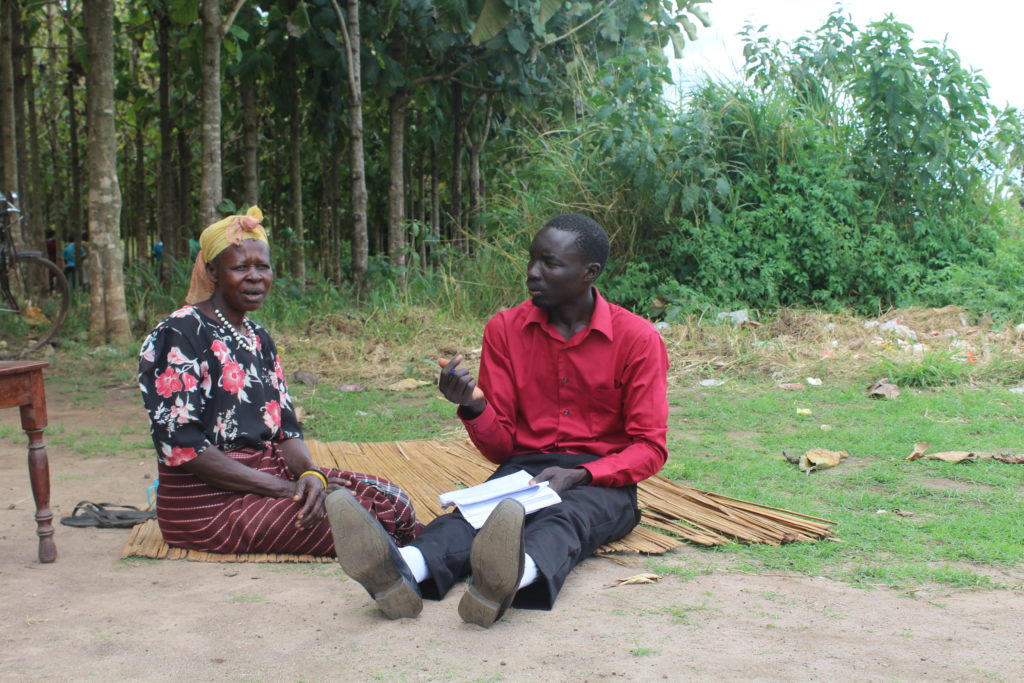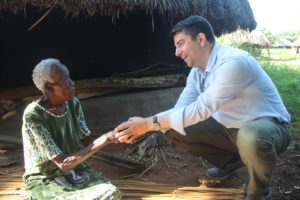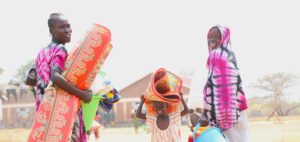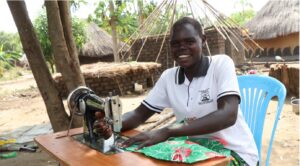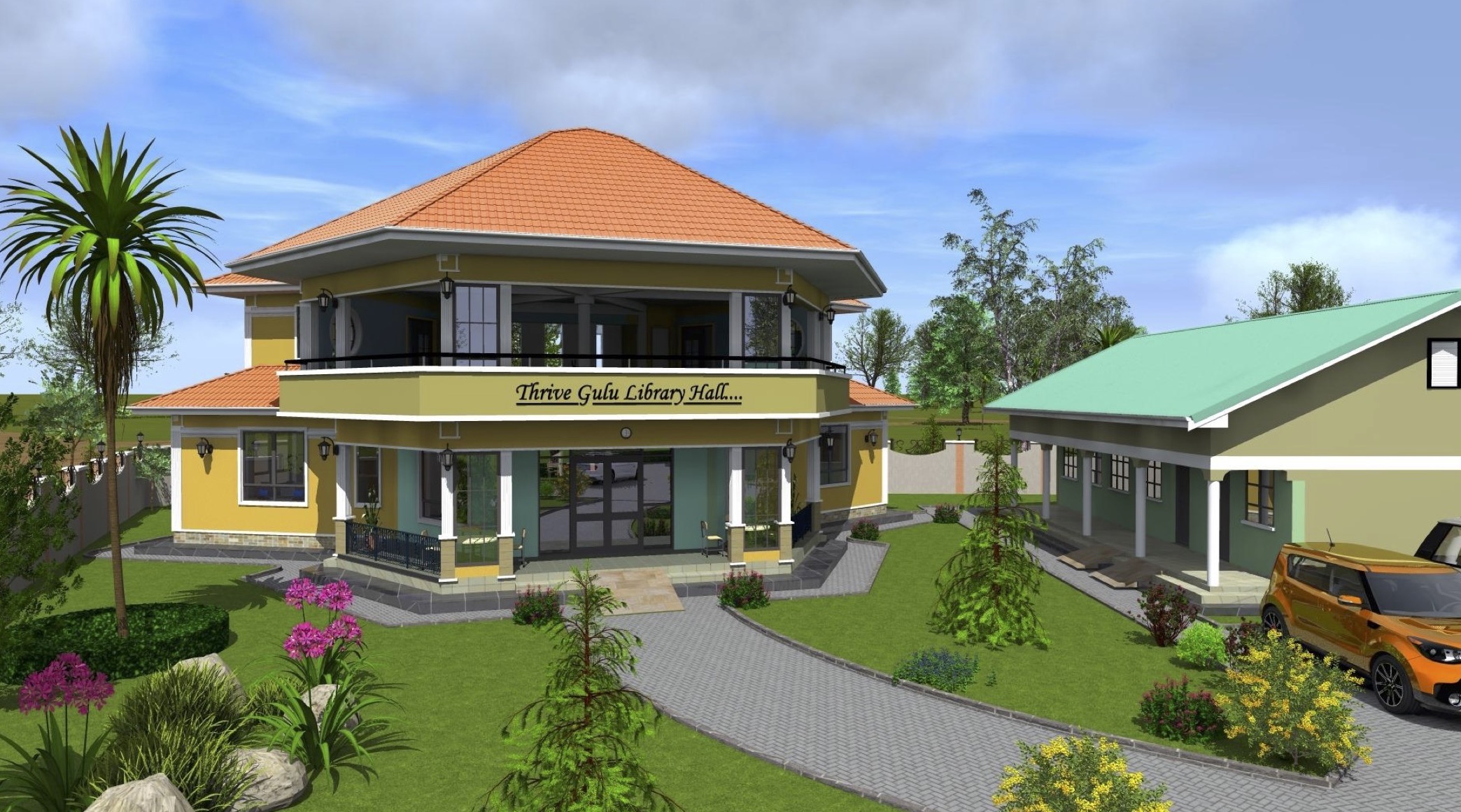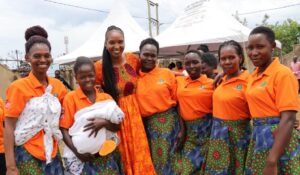As our mental health work in rural villages under the USAID SAFE program continues in the new year, we’re starting to see some very positive results. We recently got the chance to talk to some of those program participants in the field about the lessons they’ve learned from this project and their ongoing struggles.
At first Joyce, 65, thought mental illness is only when a person is raving mad. Like many people in the area, she also thought that madness is a result of witchcraft. Now she realizes that mental illness can affect anyone, and it has medical, social, and emotional causes. “In my entire life I wasn’t knowing that excessive drinking of alcohol can also bring mental illness. I came to know it better when THRIVEGulu organized their activity at Goma health center,” she said. She also added that now she has noticed that men in this area are a great source of depression in a home because they leave most work to the women, who are stretched too thin taking care of children, keeping up the home, and struggling to provide an income.
“Esther” (not her real name) was abducted as a child during the conflict and became a commander of the L.R.A rebel group. She told us: “Really, I appreciate THRIVEGulu for bringing this program to our community. Sometimes I still feel like I want to kill because of the stigma I feel from others in the community. I know it was not our making to go and fight the war, but our people in the community don’t see that.” THRIVEGulu is working hard to reduce this stigma against returnees. By treating the residual trauma of conflict and educating the community on the effects of mental illness, we’re also seeing positive effects on the community’s ability to heal.

